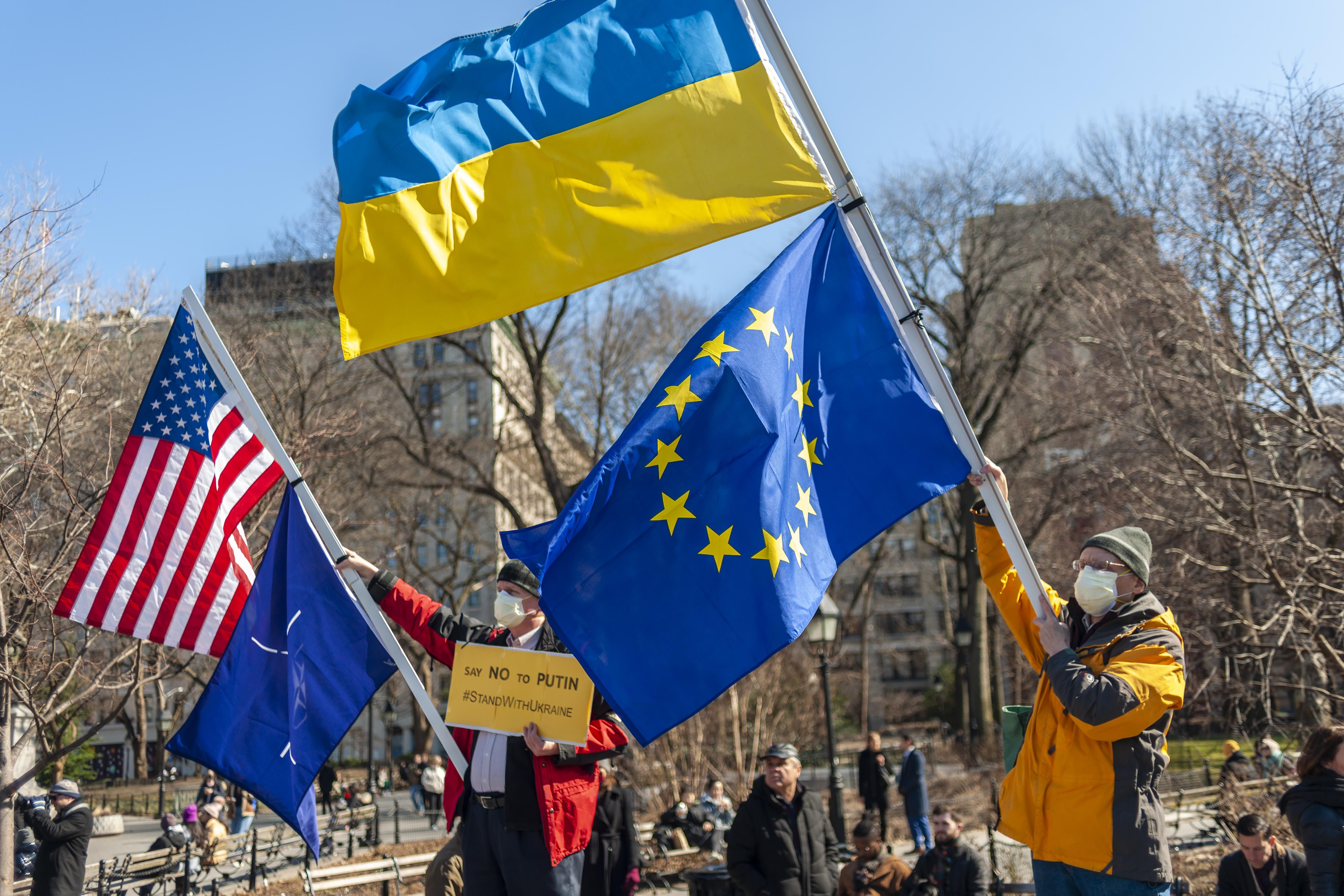Hard Numbers: Americans back Ukraine, New Zealand’s grand reopening, Muslims attacked in Ethiopia, Kenya’s minimum wage rise
73: A solid majority of Americans – 73% – back tough sanctions on Russia and ongoing aid to Ukraine, according to a new Washington Post-ABC News poll. Support for punitive measures on Moscow remains high despite the fact that 66% of respondents are also concerned that sanctions are contributing to cost of living pressures at home.
60: After more than two years of pandemic closures, New Zealand has finally reopened its borders to vaccinated tourists from 60 countries. This made for some very emotional airport reunions. We’re not crying, you’re crying.
12: In a bid to tackle rising inflation, Kenya’s government has raised the national minimum wage by 12% to $130 a month. With the cost of living soaring, Kenya's President Uhuru Kenyatta made the move just months ahead of a general election in August.
20: Ethiopian Muslims marking the Eid al-Fitr holiday in Addis Ababa clashed with police on Sunday, resulting in scores of injuries. This incident – where Muslim worshippers gathering on the outskirts of an overflowing mosque were targeted with tear gas – comes just days after 20 Muslims in the Amhara region were killed, reportedly by Christian vigilantes.